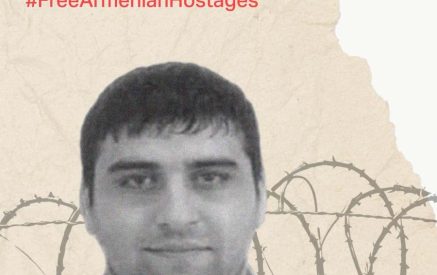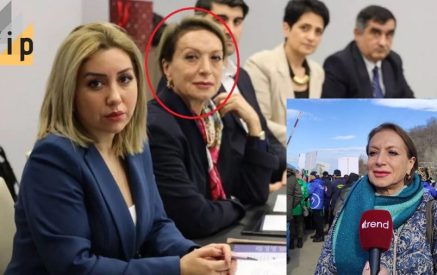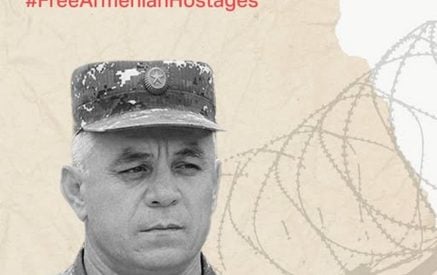The International Committee of the Red Cross (ICRC) remains the only humanitarian organization operating across the Lachin corridor to respond to growing humanitarian needs.
The latest deliveries of medical supplies occurred July 7, while the latest delivery of food occurred June 14.
The ICRC is urging decision-makers to find a compromise and make it possible to resume urgently needed humanitarian deliveries.
The assistance the ICRC has provided between December 2022 and August 2023 includes:
Read also
• More than 700 people in need of medical care have been evacuated across the Lachin Corridor by ICRC teams, including 41 people earlier this month.
• Facilitating the safe passage of 600 people, including 230 minors, across the Lachin corridor in order to reunite separated families.
• The delivery of 77 trucks of assistance, including 900 metric tons of medical supplies for health care facilities. This includes the donation of 3 medical kits to 3 hospitals, each containing medicines and consumables to cover the needs of 1,000 people for 3 months.
• The distribution of around 10,000 food and hygiene parcels to people in need, including to pregnant women, and to various institutions, such as a physical rehabilitation center, an institution for destitute elderly people, a centre supporting children, and health facilities, which also received medicine and baby formula.
• More than 3,000 liters of diesel fuel in support of ambulance services.
• The delivery of over 1,500 tons of wheat flour, 20,000 liters of sunflower oil and more than 40 tons of sugar and buckwheat to make bread.
• 154 tons of potato seeds and 21 tons of corn and onion seeds to support local production. Additionally, the ICRC procured 10,000 kits of vegetables and green seeds which have been distributed to 96 rural communities.
• 2 water pumps and cleaning chemicals for safe distribution of drinking water were procured and donated by the ICRC to the local water board. Laboratory equipment for drinking water analysis was delivered for the water board serving the biggest populated area.
Present in the South Caucasus since 1992, the ICRC stands ready to act as a neutral intermediary and assist in addressing humanitarian issues.

























































